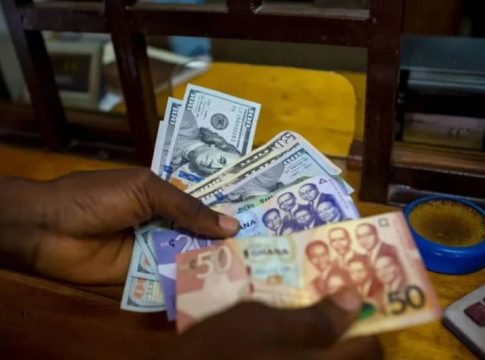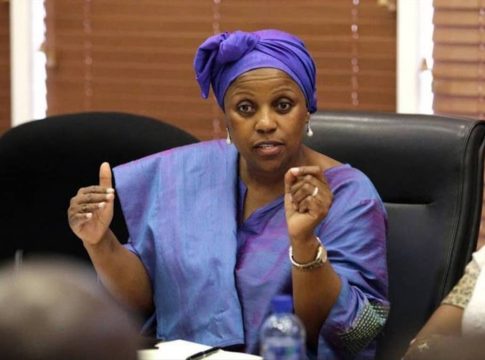The Ghanaian Cedi has found itself as the fourth worst-performing currency in a list featuring 150 of the world’s currencies, according to recent data from Bloomberg. This unenviable position has been attributed to the currency’s weakened performance against major counterparts like the Egyptian Pound, Nigerian Naira, and Lebanese Pound, which have also been battling depreciation woes.
Recording a marginal depreciation of 0.2% to close at 14.9335 against the US dollar by the end of trading on Monday, 10 June 2024, in Accra, the Cedi has seen a significant 20% drop in value since the beginning of the year. The decline in the value of the Cedi primarily stems from an escalated demand for US dollars, needed for the purchase of petroleum products, pharmaceuticals, and a range of imported goods crucial to the Ghanaian economy.
READ MORE: Recording Academy Plans To Embrace Music Creators Across Africa, Middle East Via GRAMMY Awards
Experts from the financial sector have weighed in on the situation, outlining the underlying factors contributing to the Cedi’s poor performance. Samantha Singh-Jami, an Africa strategist at Rand Merchant Bank, pointed out that despite measures aimed at bolstering foreign exchange reserves, the local market continues to grapple with liquidity challenges. On the other hand, Samir Gadio, head of Africa strategy at Standard Chartered Bank, highlighted that a disparity in foreign exchange flows, where demand substantially outstrips supply, has been a pressing issue for the Cedi.
Notwithstanding the current challenges facing Ghana’s currency, the country’s finance minister, Dr. Mohammed Amin Adam, provided a glimmer of hope. He reassured that efforts are underway to stabilize the Cedi against the US dollar over the medium term, aiming to curb the prevailing descent and restore confidence in the nation’s economic outlook.




